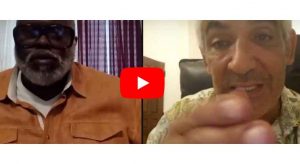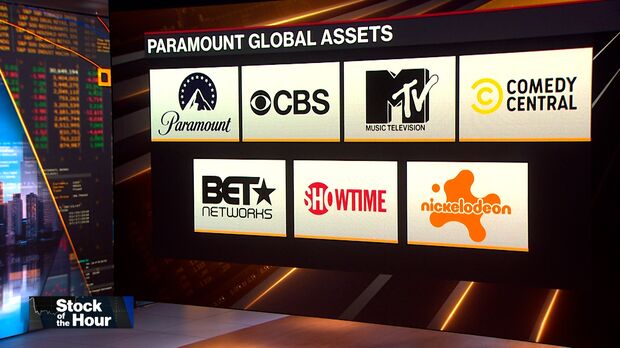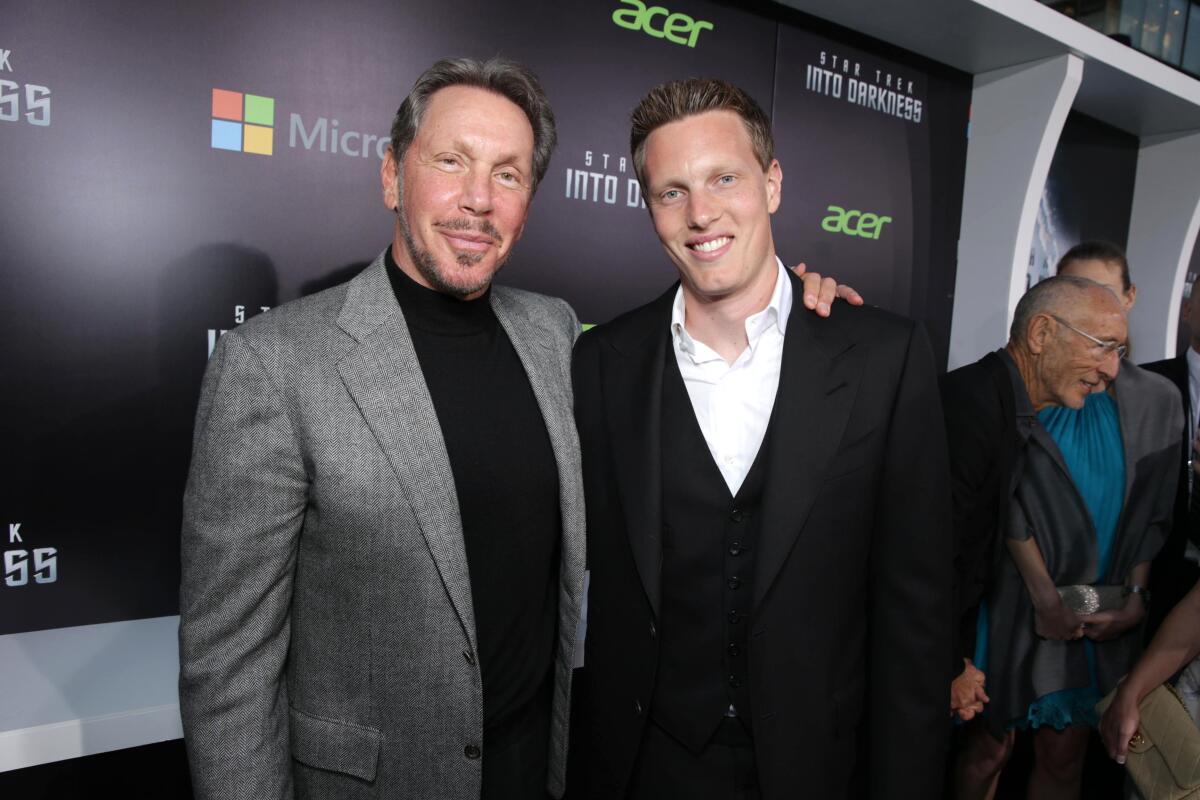In a charged dialogue, Alki David makes a passionate plea to whistleblower Courtney Burgess to step forward and testify against what he claims is a web of corruption in Hollywood, deeply rooted in systemic exploitation and organized crime. He argues that her testimony could reveal powerful ties to names like Vivendi, Shari Redstone, and Gloria Allred, implicating them in a historical cycle of abuse and secrecy.
David emphasizes the potential impact of grand jury testimony, stating, “The grand jury is the only way to take this to a place where it can’t be ignored.” With a commitment to protect Burgess from retaliation, he references past whistleblowers who have faced backlash for speaking out.
Burgess has allegedly witnessed crucial events tied to coercive practices, including notable incidents in Anaheim in 1999 and Rancho Fiesta in 2006, making her firsthand account vital for shedding light on the syndicate’s dark operations. These events reportedly involved the manipulation of industry figures through blackmail and coercion, solidifying the control of these powerful elites.
David shares his personal struggles against the same syndicate, accusing the media of collusion to suppress dissent. He argues for a collective fight against this corruption, urging Burgess not to carry the burden alone. Reflecting on the historical context, he draws parallels between current Hollywood practices and the infamous organized crime networks of the past.
The conversation showcases the courage it takes to challenge powerful entities and the pressing need for transparency in an industry marred by shadows.
As the dialogue unfolds, it becomes clear that the stakes are high—all eyes are on David and Burgess as they navigate the complexities of challenging a seemingly untouchable system in pursuit of justice for those silenced for too long.
David emphasizes the potential impact of grand jury testimony, stating, “The grand jury is the only way to take this to a place where it can’t be ignored.” With a commitment to protect Burgess from retaliation, he references past whistleblowers who have faced backlash for speaking out.
Burgess has allegedly witnessed crucial events tied to coercive practices, including notable incidents in Anaheim in 1999 and Rancho Fiesta in 2006, making her firsthand account vital for shedding light on the syndicate’s dark operations. These events reportedly involved the manipulation of industry figures through blackmail and coercion, solidifying the control of these powerful elites.
David shares his personal struggles against the same syndicate, accusing the media of collusion to suppress dissent. He argues for a collective fight against this corruption, urging Burgess not to carry the burden alone. Reflecting on the historical context, he draws parallels between current Hollywood practices and the infamous organized crime networks of the past.
The conversation showcases the courage it takes to challenge powerful entities and the pressing need for transparency in an industry marred by shadows.
As the dialogue unfolds, it becomes clear that the stakes are high—all eyes are on David and Burgess as they navigate the complexities of challenging a seemingly untouchable system in pursuit of justice for those silenced for too long.





















